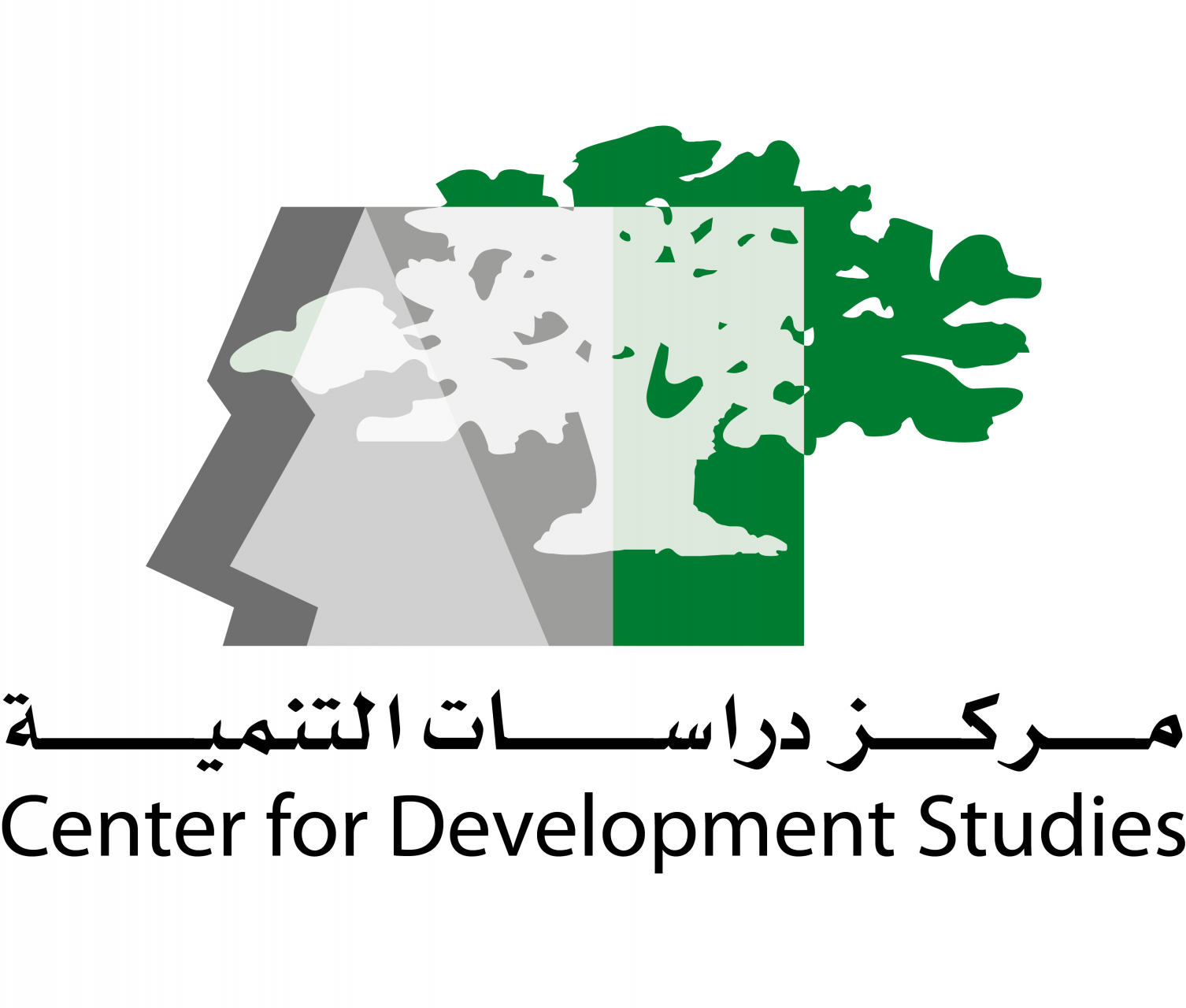Evaluation of the Deprived Economic Empowerment Program – DEEP
Finished Projects
2011
Done for the United Nations Development Program (UNDP)
This project aims to evaluate and aid Deprived Economic Empowerment Program (DEEP), a program that has been implemented, in its first phase, in the occupied Palestinian territories, the West Bank and Gaza Strip. This program is a collaboration between the Islamic Development Bank in Jeddah, in its capabilities as director of the Al Aqsa Fund (funders of the program), and the Palestinian National Authority (owner of the program) represented by the Ministry of Social Affairs, Ministry of Labor and the Ministry of planning and administrative development, to the implementation of the “Pioneer Empowerment Economic Program.” The program aims to enable deprived families to move from dependence to receive humanitarian aid to the establishment of productive projects that generate income for these families. $ 30 US million has been allocated to implement the program, where such allocations are funded by some financing parties.
The evaluation process is based on data obtained in different ways. Besides access to the program documentation that was obtained from the administration of the program, other data were obtained, to identify the views of the different bodies involved by conducting several interviews. Four forms were prepared which are related to civil sector institutions, microfinance institutions, beneficiaries of grants, and Islamic financing.
The evaluation process is based on five key criteria, which are; relevance, efficiency, effectiveness, impact, and sustainability. Regarding to relevance, the focus was on the appropriateness of the program to the reality of the Palestinian economy, and the reality of institutions participating in the program, and the reality of families benefiting from the program activities. Regarding to the efficiency, the focus was on the efficiency of mechanisms of action, and the executive staff, the technical, advisory and control staff, and the efficiency of human and institutional development.
The effectiveness side dealt with the efficiency of targeting families and accessing to them, the effectiveness of development and the establishment of income-generating projects activities, the spread and use of methods of Islamic microfinance, develop methods of fighting poverty, the ability of Islamic microfinance institutions to apply the methods of Islamic finance, the capabilities implementing institutions to develop their skills and mechanisms in the field of fighting poverty and the effectiveness of actions to implement the program, the clarity and transparency of work procedures, implementation and control. Regarding to the effects, economic, social and institutional impacts of the program were discussed regarding to the involved parties in the program, which are; beneficiary families, supervising, and implementing institutions, whether these effects were expected or unexpected.
Regarding to sustainability, the sustainability of the program on several levels was discussed, the level of beneficiary families, the level of the participating institutions, and the level of implementing party of the program, as well as the supervising institution.



Comment here